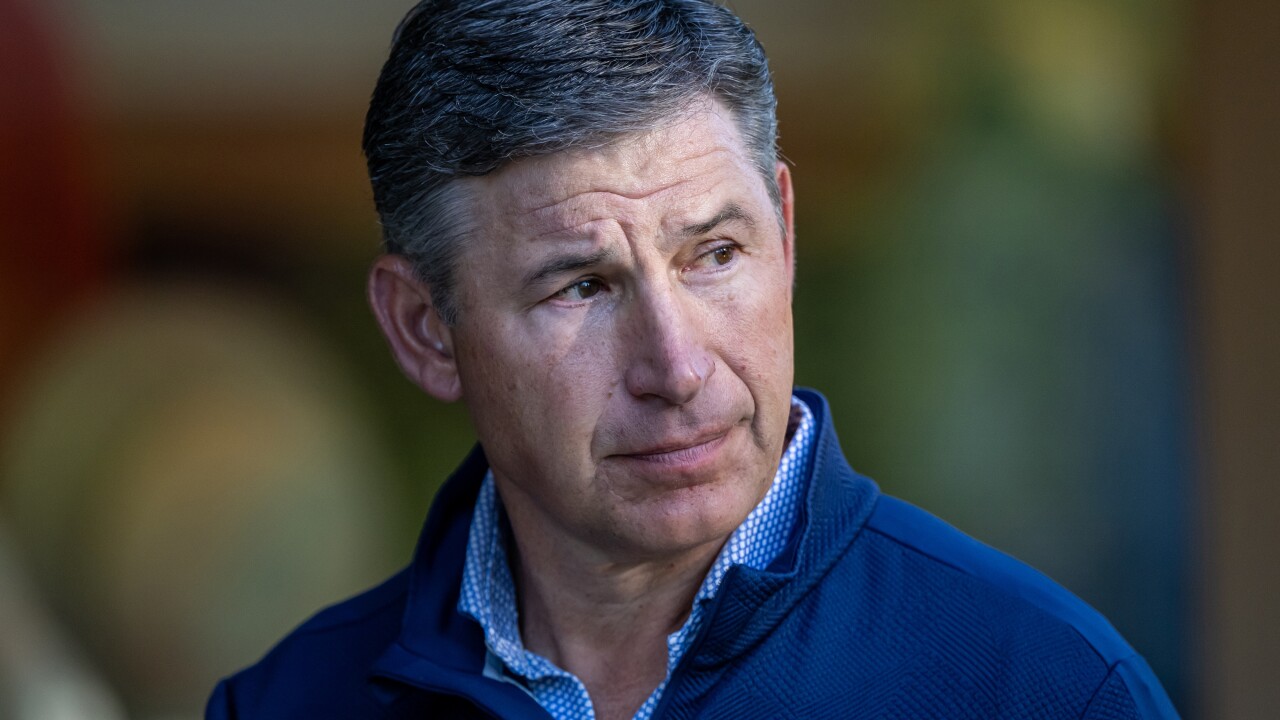WASHINGTON – Richmond Federal Reserve Bank President Jeffrey Lacker announced Tuesday that he will retire from the bank on Oct. 1 after nearly 13 years as president, and more than 28 years at the bank.
Lacker, a notable hawk on the Fed's Federal Open Market Committee,
"I feel fortunate to have spent time throughout the Fifth District learning firsthand about people's economic experiences, and to have participated in some of the most extraordinary policy deliberations in our nation's history," Lacker said. "It's been my deepest privilege to lead the Richmond Fed and the dedicated people who work here."
Lacker was installed as president of the Richmond Fed in 2004, and has since built a reputation as an occasional skeptic of the Fed's accommodative monetary policy since the Great Recession. Lacker has sometimes dissented from the majority while serving on the FOMC, arguing for a more rapid return to a normalized interest rate environment.
In a hearing last fall, Lacker – along with Kansas City Federal Reserve Bank President Esther George – defended the Fed's structure against criticisms from both liberal and conservative factions that the central bank was unduly influenced by political considerations and insufficiently transparent in its decision making. Lacker said that, while everyone may not agree with the Fed's decisions – especially as they relate to monetary policy – they should respect that the central bank is working to make the best decisions for all Americans.
"I am concerned that we're maybe coming into the crosshairs," Lacker said. "People need to recognize that we just have this one tool. It's relatively blunt, and if we stimulate demand, there's no guarantee about where it's going to show up."
Lacker has also been a skeptic of some post-crisis reforms, including the so-called "living wills" that the largest U.S. banks must submit to detail how exactly they could be resolved in bankruptcy. Lacker said in an interview with
The Richmond Fed's Board of Directors, led by board chair Margaret Lewis, will undertake a search for Lacker's replacement, aided by search firm Heiderick & Struggles, and will accept public nominations.
Lacker's resignation comes after Atlanta Fed president Dennis Lockhart announced his retirement in
The search for Lockhart's replacement remains ongoing, though several groups and some





